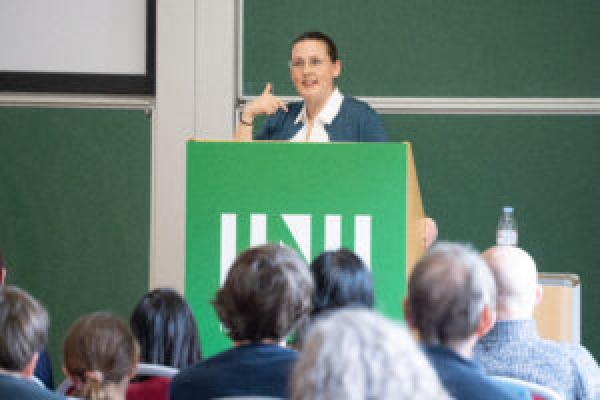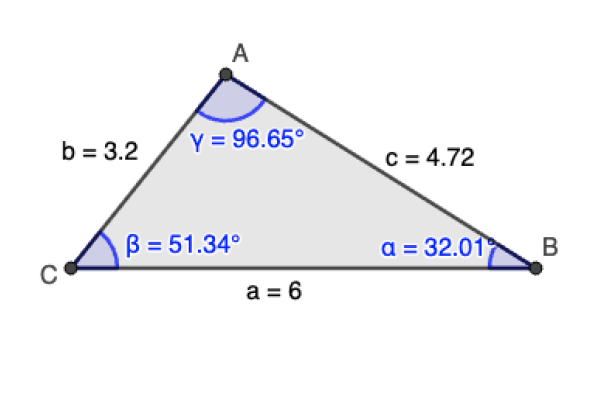
A (hi)story of geometry
A story from geometry shows how developments in mathematics have fundamentally changed the way we think about the world around us.

A story from geometry shows how developments in mathematics have fundamentally changed the way we think about the world around us.

In time for the award of the Abel Prize to this year's winner we explore our coverage of the Prize since it was first awarded in 2003.





To celebrate today we revisit interviews with four women mathematicians who are not only brilliant at doing the maths, but also at communicating it to wider audiences.

We can't visualise it, but we can still think about it! And there are clever ways of glimpsing what it might look like.

To celebrate the 100th anniversary of quantum mechanics we bring together some of our introductory material on this marvellous theory. Expand your mind and enjoy!




A new language to talk about quantum physics is making calculations a whole lot easier.

In this episode of the Living proof podcast we talk to Sarah Hart about how she combines maths, literature and history in her interesting career.

What are mathematical invariants and why are they useful?

In this episode of Maths on the Move we talk to our friend Rob Eastaway about his book Much Ado About Numbers: Shakespeare's mathematical life and times.

The mathematician Emmy Noether was a "creative mathematical genius" (Albert Einstein) whose work had far-reaching impact beyond the world of pure mathematics. This collection brings together content exploring Noether's life and work




In this episode of Maths on the Move we talk to historian of mathematics David E. Rowe about the play Diving into math with Emmy Noether.

We talk to Helge Holden, Chair of the Abel Prize Committee, about this year's winner, the prize itself, and the mathematician whose name it carries.